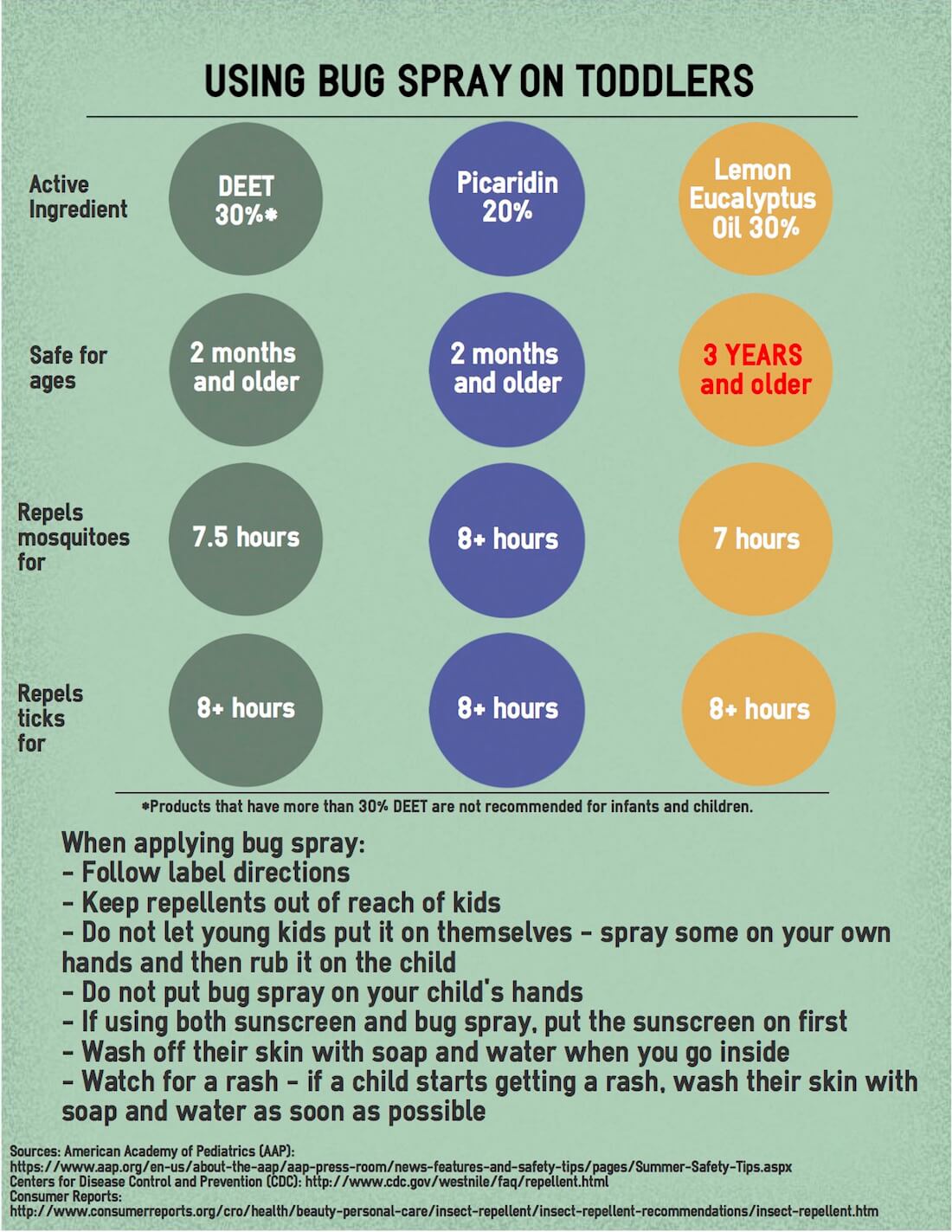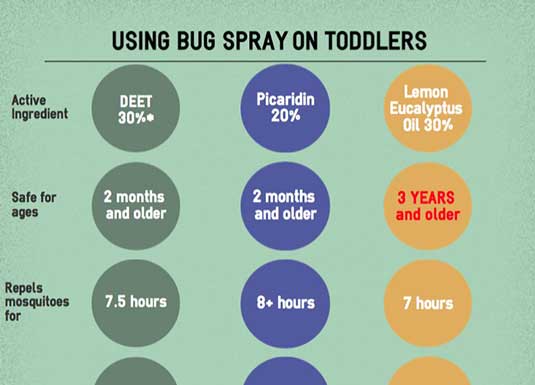As warmer weather begins to arrive, mosquitoes will become a more prevalent problem. Mosquitoes often drive individuals inside, forcing many to abandon those treasured summer activities. Not only are mosquitoes annoying, but they can also carry diseases like malaria and West Nile virus. Ensuring one wears proper mosquito repellent can help keep those annoying mosquitoes away and reduce one’s risk of catching a disease.
There are a multitude of mosquito repellents on the market today. It is important that one is aware of all of the available mosquito repellents so that they can make an informed decision. The most commonly used mosquito repellent is a compound called DEET. Products that contain DEET are safe and intended to be sprayed onto the skin. Mosquitoes find their human targets by recognizing human characteristics which include body heat, the release of carbon dioxide, and human odors. It is believed that DEET blinds mosquito’s olfactory senses, preventing them from detecting a human. DEET offers a simple yet effective solution to pesky mosquitoes.

If you are looking for a more natural mosquito repellent then you may be interested in utilizing garlic or thyme. When rubbed directly onto the skin, garlic illustrates a moderate repellent effect that helps to deter mosquitoes. If you are leery about rubbing garlic onto your skin, one can also utilize thyme as a mosquito repellent. Pick and crush a few thyme leaves in order to release the essential oils within. These crushed leaves should then be rubbed onto one’s skin and clothing. The essential oils within the thyme leaves will act as a deterrent for any neighboring mosquitoes. With both commercial and natural repellents available, one should look at repellent concentrations when deciding which repellent is most appropriate.
Active ingredient concentrations can vary by from one mosquito repellent to the next. According to the University of Wisconsin-Madison, individuals should look at the period of time they will be outside when determining what concentration of mosquito repellent they will need. If exposure to mosquitoes is expected to be between 1 and 3 hours, then concentrations between 5 and 10 percent of the repellent ingredient should suffice. For longer exposure or more mosquito intense environments, concentrations of 20 percent and above will offer better protection. When it comes to using natural methods of repelling, one may need to reapply the repellent more frequently than a commercially bought mosquito repellent. Ensuring one chooses the appropriate repellent concentration will help to keep those mosquitoes at bay.
Work Cited
Sandbeck, Ellen. “Grow Safe, Natural Mosquito Repellents.” Mother Earth News June. 2012: 52-55. Print.
Paskewitz, Susan. Wisconsin Mosquitoes & Mosquito Borne Diseases. University of Wisconsin-Madison. n.d. Web. 20 June 2016.

